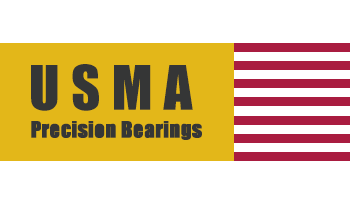NEWS
DEVELOP BY TECHNOLOGY,SURVIVE BY QUALITY
The impact of the trade war on the global bearing industry and response strategies (2025 outlook)
Views: 2 Author: Site Editor Publish Time: 2025-04-17 Origin: Site











The impact of the trade war on the global bearing industry and response strategies (2025 outlook)
As an industrial basic component, bearings are deeply affected by factors such as trade protectionism, tariff barriers, and supply chain restructuring in international trade. In recent years, trends such as the China US trade war, EU anti-dumping investigations, and regional trade agreements (such as RCEP and USMCA) are reshaping the global bearing trade landscape. The following are key analysis and recommendations for enterprise response:
1、 The main impact of the trade war on the bearing industry
1. Increased tariff barriers
US bearing tariffs on China:
Some Chinese made bearings, such as tapered roller bearings, are still subject to a 25% tariff (under Section 301).
If the US policy increases in 2025, it may expand the scope of taxation (such as wind power bearings and automotive bearings).
EU anti-dumping duties:
In 2023, the European Union will launch an anti-dumping investigation on Chinese ball bearings, and the tax rate may be maintained or increased in 2025 (currently, the tax rate for some enterprises is 7.2% to 41.5%).
2. Supply chain regionalization
The trend of "nearshore outsourcing":
European and American customers require suppliers to build factories in Mexico, Eastern Europe, and other places (to avoid tariffs and shorten delivery times).
Chinese bearing companies are accelerating their overseas layout (such as the establishment of a factory by Renben Group in Vietnam).
Key material limitations:
High end bearing steel (such as those produced in Japan/Sweden) may be subject to export controls, affecting the production of high-end bearings in China.
3. Technical blockade and compliance risks
Export control:
The United States restricts the export of high-performance bearing technology (such as aerospace grade) to China.
Chinese companies need to avoid the risk of "entity list" (such as the Huawei model).
Carbon Tariffs (CBAM):
The EU will fully implement a carbon border tax by 2026, and the production of high-energy consuming bearings may face additional costs.

